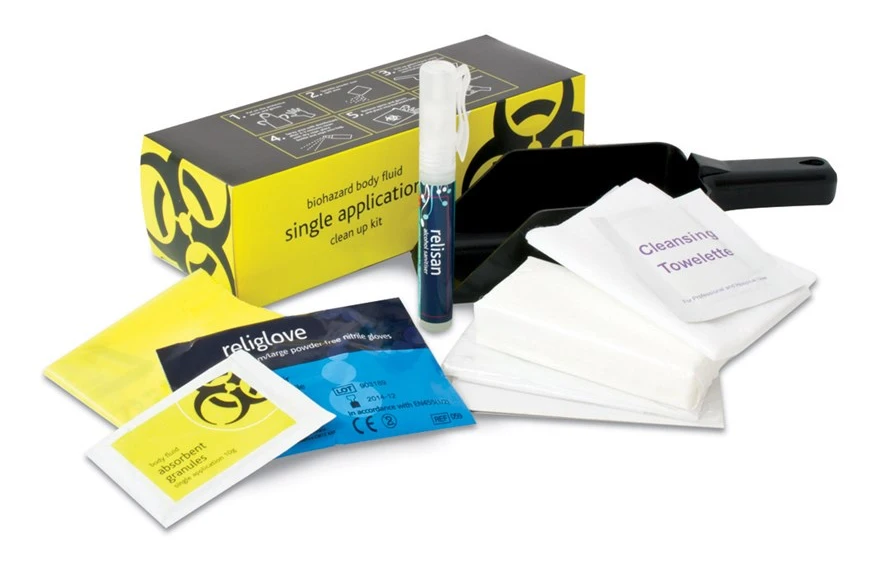 We all know soil is full of germs. However, while most of them are not a problem there are a few nasty ones like tetanus, leptospirosis, melioidosis and staphylococcus that can make workers really sick. While most skin infections are relatively minor, any of these infections can put you in hospital and can take weeks or even months from which to fully recover.
We all know soil is full of germs. However, while most of them are not a problem there are a few nasty ones like tetanus, leptospirosis, melioidosis and staphylococcus that can make workers really sick. While most skin infections are relatively minor, any of these infections can put you in hospital and can take weeks or even months from which to fully recover.
While the germs can all be in the environment at any given time, leptospirosis and melioidosis germs are particularly common after flood events or in wetter soils. So, it is particularly important to be aware of injuries when working outside in those conditions.
Our skin is particularly good at keeping our insides in, and the stuff on the outside out - except when it is broken. Cuts, scrapes or rashes may seem minor and unimportant, but could allow those germs to get in and cause serious illness.
It doesn’t take long for infection causing germs to invade, so keeping wounds clean makes good sense. Covering broken skin with a waterproof dressing and making sure cuts and scrapes that happen at work or outside are treated promptly is important to prevent infections that can lay people up for weeks. It’s not soft to cover up cuts – it’s a smart way to keep yourself fit to keep working.
Before taking care of any wound, you should wash your hands to help minimise the risk of infection. Minor cuts or scraps will often stop bleeding on their own, but if needed, apply gentle pressure with a clean bandage or cloth to stop the flow of blood. To clean the wound, rinse with clean water and use sterilised tweezers to pick out any dirt or debris. Next, apply an antiseptic cream to help prevent infection and soothe the area and avoid infection, before covering the wound with a bandage or gauze.
Be sure to keep your dressing clean by changing it at least once a day, or whenever it becomes dirty or wet. Get a tetanus shot if you haven’t had one in the previous 10 years (five years if there was dirt in the wound) and keep an eye out for signs of infection, including spreading redness, pus, increasing pain, swelling, and fever. If you think your wound is infected, see your GP.
In severe cases, cuts and grazes may need medical attention, such as stitches. See your doctor if:
- you can’t clean out the debris
- you have cut your hand from punching something
- the cut is over a joint
- the wound is more than a few millimetres deep or it gapes
- the wound is in, or near, your eye
- the pain gets worse, or the redness and swelling is increasing
- you develop a temperature
- the wound is from a bite
- the cut or abrasion was sustained in dirty water
- you have diabetes.
For further information, view the WorkSafe QLD page on this topic





